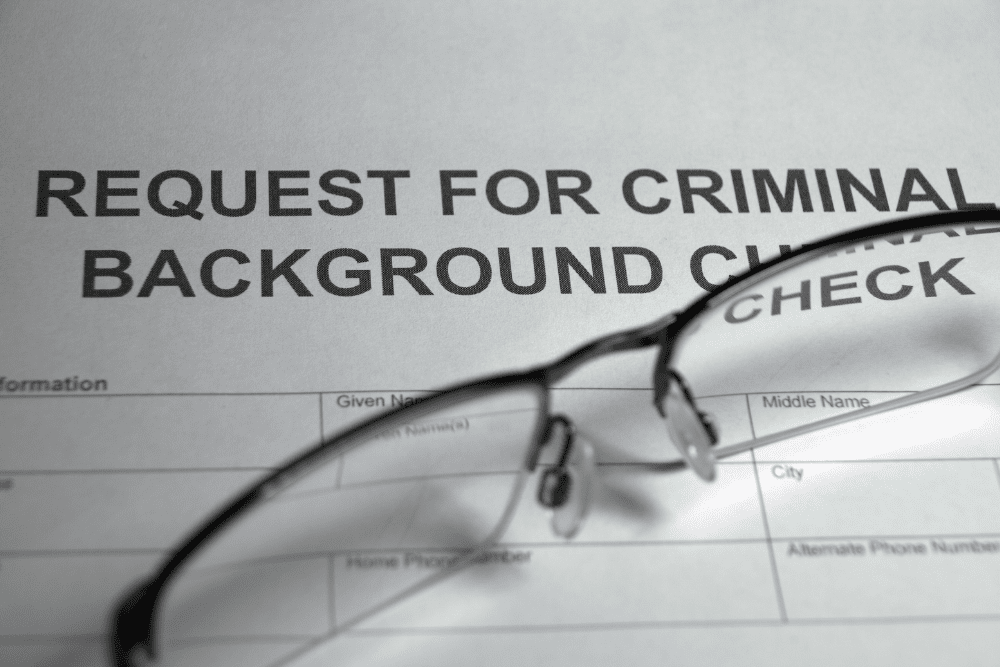- Home
- THE FIRM+
- Criminal Defense+
- CASE RESULTS
- AREAS WE SERVE+
- FAQ’s
- Blog
- Contact
AZHARI LLC BLOG

Posted By: Sami Azhari
Category:
Being arrested and charged with a criminal offense can be a scary and intimidating experience. No matter what, it produces a criminal record – even if you are never charged or found not guilty.
This means some innocent people who were never actually charged with an offense still carry around a criminal record. It can impact the rest of their lives, creating obstacles in housing, employment, and even educational opportunities.
Fear not. There is a legal remedy to this situation. It’s called expungement. Here is what you need to know about expungement, highlighting eligible circumstances. You can also print out the useful checklist included to ensure all your expungement ducks are in a row.
What Is Expungement?
Expungement is also referred to as expunction. It’s a process ordered by the court that seals legal records relating to arrests or charges in criminal cases. Expungement basically makes your criminal record invisible to most people performing a background check. For example, if you apply for housing, you won’t need to disclose your criminal record.
Potential employers, institutions of education, and any other companies that usually run background checks won’t see your record. However, law enforcement, criminal courts, and other government agencies can still access that information.
Who Is Eligible in Illinois?
Not every person is a candidate for expungement. Your eligibility is based on several factors. Some of positive factors include:
- Arrests for felony and misdemeanor crimes that didn’t result in a conviction
- Reversed, pardoned, or vacated convictions for certain misdemeanors and felonies
- When the waiting period of a sentence for supervision passes before you can petition the court for expungement
- Qualified probation sentences after five years
Your Expungement Checklist
The expungement process can be tedious. It requires a lot of paperwork and court filings, so bring an attorney on board to help you navigate the process.
Here is a checklist of what needs to be done in order to have records expunged in Illinois:
- Obtain copies of all of your criminal records including:
- Court dispositions
- RAP sheets
- Illinois State Police Statewide Criminal History Transcript
- Review the records to understand if you are eligible or not
- Fill out the correct forms for both expungement or sealing
- File the forms with the Circuit Clerk in the county where your arrests or charges took place
- This may be able to be done online or in-person
- Once filed, the clerk will mall your Request for Expungement with the Notice of Filing for Expungement or Sealing to the:
- State’s attorney for the county
- Arresting agency
- Chief legal officers in the place of arrest
- Illinois State Police
- If an agency objects to your request, you may need to schedule a hearing with a judge
- If you have a court hearing, prepare and show up, or your petition could be dismissed
Once the court determines the expungement, you will receive a mailed copy of any Order by the judge that explains their decision to grant or deny.
Explore Expungement Options with Experienced Criminal Defense Attorney
Our experienced attorneys can guide you through every step of the expungement process, from determining your eligibility to filing the necessary paperwork and representing you in court if needed.
Take the first step towards a brighter future by contacting us today to discuss your expungement options.
About the Author
Sami Azhari has been working as a lawyer since 2007, after receiving his Juris Doctor from the Michigan State University College of Law. He has handled numerous state and federal cases, and is known throughout the Chicago and Rolling Meadows area for providing his clients with high-quality, skilled representation. He has been recognized by Avvo (2013 and 2018), SuperLawyers (2015-2020), The National Trial Lawyers, and other notable organizations, and has spoken at a number of legal conferences.


























































